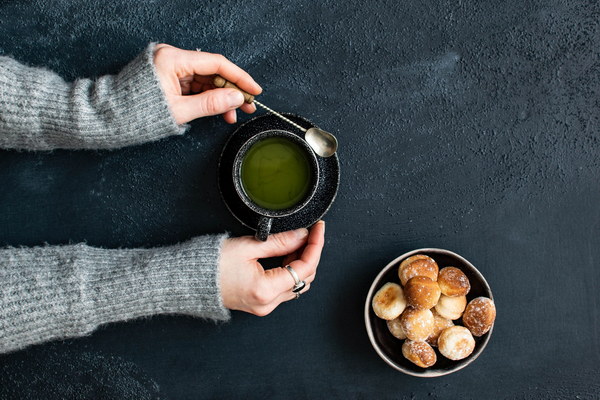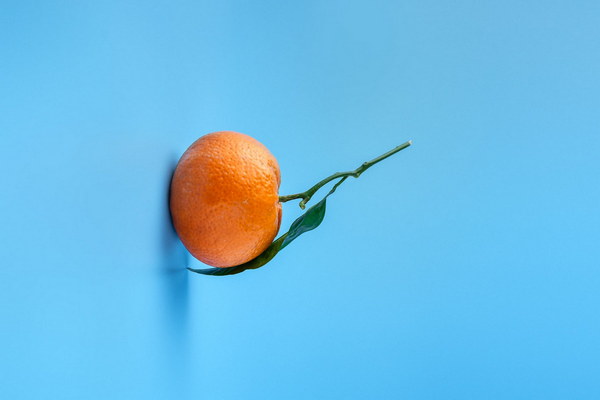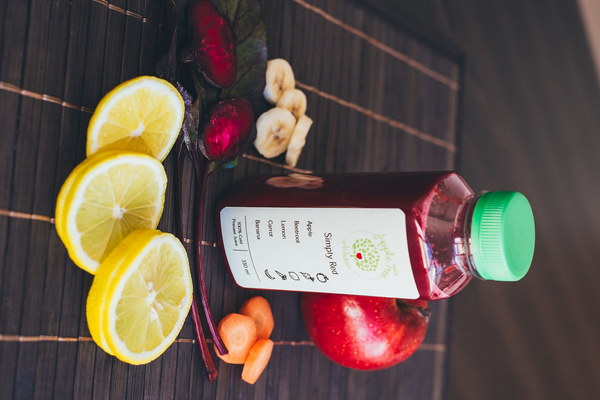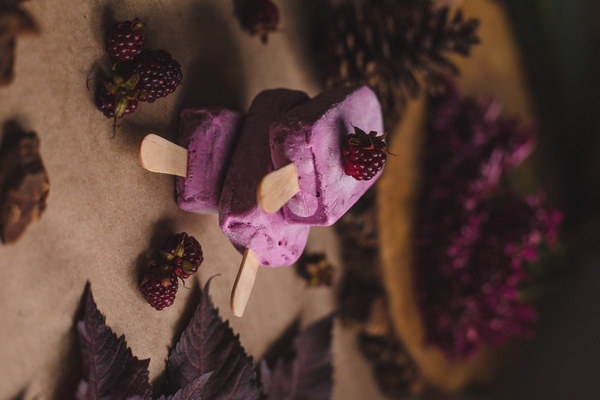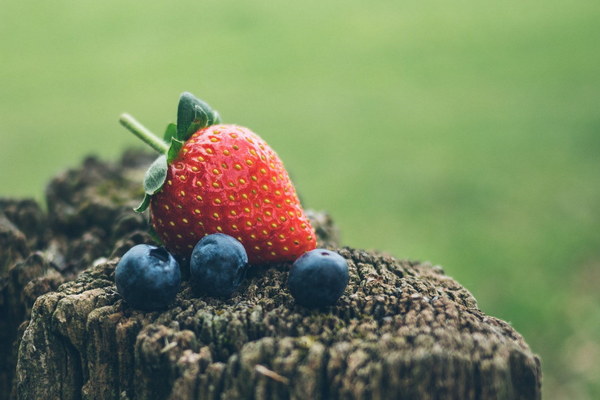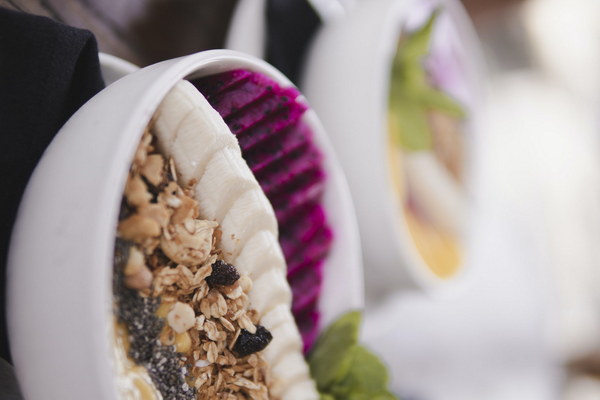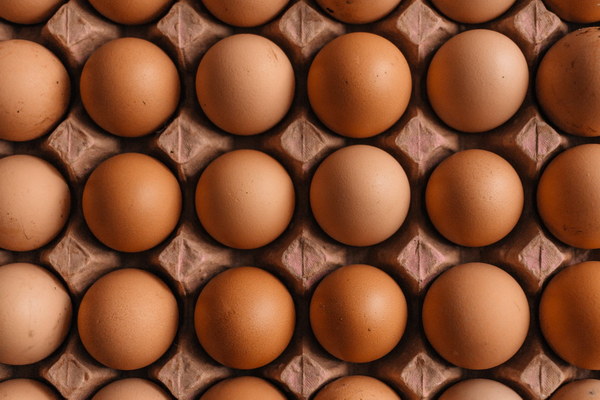Revitalizing Your Vitality A Comprehensive Guide to Replenishing Qi and Blood
In the realm of traditional Chinese medicine, Qi and Blood are considered the life force that flows through the body, maintaining health and vitality. When this vital energy is depleted or imbalanced, it can lead to various health issues. If you find yourself feeling fatigued, weak, or rundown, you might be experiencing blood deficiency. But fear not! This article will delve into the intricacies of blood deficiency, its symptoms, and most importantly, how to effectively replenish your Qi and Blood.
Understanding Blood Deficiency
Blood deficiency, also known as Blood Qi Deficiency or Xue Xu, is a common condition in Chinese medicine. It occurs when there is a deficiency in the amount or quality of blood in the body. This deficiency can result from various factors, including poor diet, excessive bleeding, stress, or chronic diseases.
Symptoms of Blood Deficiency
The symptoms of blood deficiency can vary from person to person but commonly include:
- Pale, dry, or rough skin
- Weakness or fatigue
- Dizziness or fainting spells
- Pale or light-colored nails
- Irregular heartbeat
- Dry hair or brittle nails
- Lack of concentration or difficulty focusing
- Cold hands and feet
- Menstrual irregularities or heavy menstrual bleeding
- Insomnia or disturbed sleep patterns
Natural Remedies for Replenishing Qi and Blood
1. Nutrition
A well-balanced diet is essential for replenishing Qi and Blood. Incorporate the following foods into your diet:
- Animal Products: Beef liver, kidney, and other organ meats are rich in iron and vitamin B12, which are crucial for blood production.
- Leafy Greens: Spinach, kale, and collard greens are excellent sources of iron and vitamin C, which aid in the absorption of iron.
- Fruits: Fruits like strawberries, raspberries, and blackberries are rich in antioxidants and vitamin C, which help improve blood circulation.
- Legumes: Beans, lentils, and chickpeas are good sources of iron, protein, and fiber.
- Whole Grains: Brown rice, quinoa, and oats are rich in B vitamins and iron.
- Nuts and Seeds: Almonds, walnuts, and sunflower seeds are packed with essential fatty acids, vitamins, and minerals that promote blood health.
2. Herbal Remedies
Traditional Chinese medicine offers a wide range of herbal remedies for replenishing Qi and Blood. Some popular herbs include:
- Ganoderma (Reishi): Known for its immune-boosting and blood-cleansing properties.
- Astragalus: An adaptogenic herb that supports the immune system and enhances energy levels.
- Angelica (Dang Gui): A potent blood-tonic herb that promotes blood circulation and alleviates menstrual cramps.
- Peony (Mu Dan Pi): Helps to nourish the blood and alleviate stress.
3. Acupuncture
Acupuncture, a key component of traditional Chinese medicine, involves inserting fine needles into specific points on the body. These needles stimulate the Qi flow, thereby restoring balance and promoting blood circulation.
4. Exercise

Regular exercise can help improve blood circulation, enhance energy levels, and boost overall health. Gentle exercises, such as tai chi or yoga, are particularly beneficial for replenishing Qi and Blood.
5. Stress Management
Stress can deplete your Qi and Blood. Practice relaxation techniques, such as meditation, deep breathing exercises, or mindfulness, to manage stress and maintain a healthy balance.
6. Adequate Sleep
Adequate sleep is crucial for replenishing Qi and Blood. Aim for 7-9 hours of quality sleep each night.
Conclusion
Replenishing Qi and Blood is essential for maintaining a healthy, vibrant life. By incorporating the above remedies and adopting a balanced lifestyle, you can effectively combat blood deficiency and enjoy the benefits of improved energy levels and overall well-being. Remember, it's always best to consult with a healthcare professional before starting any new treatment or diet.


